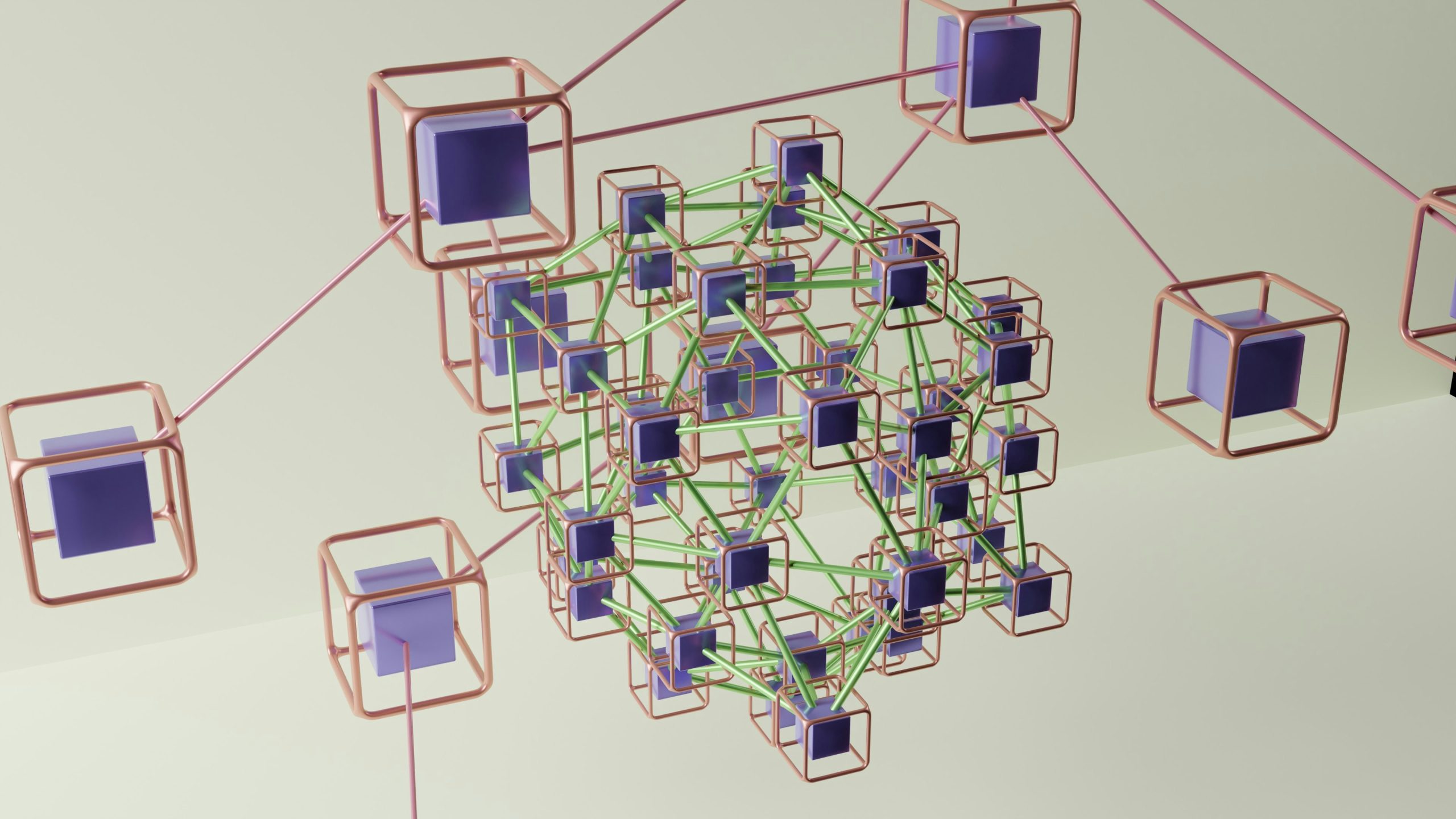Standardization & Interoperability: The Next Step for Industrial AI Platforms

As artificial intelligence (AI) becomes a core enabler in industrial innovation, a new challenge arises: how do we ensure different systems, data formats, and platforms can actually work together?
For projects like ALCHIMIA, where multiple industrial partners, sensors, data pipelines, and AI models must cooperate across sites and sectors, the answer lies in one word: standardization and commonly agreed interfaces and concepts.
Industrial environments are inherently complex—filled with legacy systems, proprietary interfaces, and plant-specific data silos. Without a shared foundation for data structure, communication, and security, scaling AI becomes nearly impossible.
Standardization and common interfaces are a key effort towards the following goals:
- AI models can be deployed across different plants without extensive re-engineering.
- Data can be shared securely and meaningfully across organizations.
- Privacy goals are reached with federated methods despite the distributed sources of AI-generated knowledge.
In ALCHIMIA, interoperability is not a buzzword—it’s a technical necessity. The project integrates sensors, data historians, MES systems, and AI training frameworks from multiple industrial and research partners.
To make this ecosystem functional, the following principles are applied:
- Smart Data Models for common API between data sources and AI models. By using domain-specific ontologies and common vocabularies, different systems can understand and contextualize shared data.
- Interoperable APIs & Connectors. Adapting for various purposes, the service APIs within ALCHIMIA expose REST, MQTT or SQL interfaces to allow standardized, modular communication between device data, cloud services, and AI pipelines.
- Modular AI Deployment. AI models developed in ALCHIMIA are packaged in with de-facto-standardized container technologies (e.g. via Kubernetes or Docker), allowing deployment across heterogeneous IT/OT infrastructures.
- Security by Design. The key security measures, authentication and authorization, are built with the industrial state-of-art tools and the defence-in-depth approach, enabling compliance with industrial cybersecurity guidelines.
ALCHIMIA doesn’t work in isolation—it currently prepares contributions to the following European committees to standardize data-driven industry:
- ISO/IEC JTC 1/SC 42: Standards for AI lifecycle, model evaluation, and governance.
- CEN CENELEC JTC 21: Artificial Intelligence
- ISO/TC 17/SC 21: Environment related to climate change in the iron and steel industry
These initiatives help to scale ALCHIMIA’s results beyond the pilot plants—supporting other domains like chemicals, energy, and smart manufacturing.
One of ALCHIMIA’s goals is to develop replicable reference architectures that combine:
- Open standards,
- Modular AI tools,
- Federated and secure data exchange,
- Industry-proven workflows.
This creates a future where new factories or industrial partners can “plug in” with minimal integration effort—accelerating AI deployment while reducing risks.
Standardization is not about bureaucracy—it’s about building bridges. At ALCHIMIA, we believe that open, secure, and interoperable AI ecosystems are the foundation for Europe’s digital and green industrial transformation.
Want to learn more or contribute to standardization efforts? Contact our team and join the conversation.
